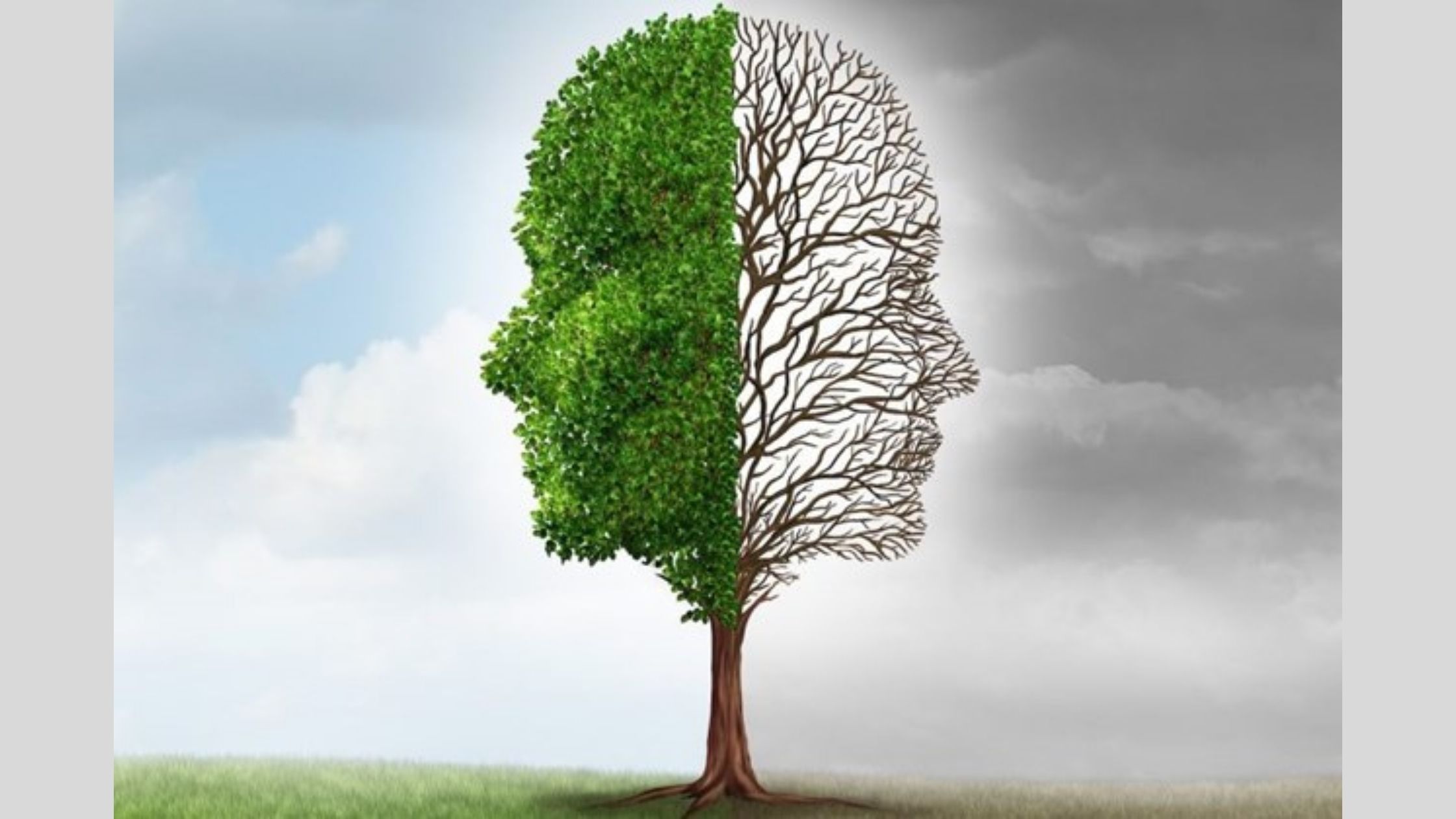Understanding Bipolar disorder: What you need to know

Bipolar disorder also called maniac depressive illness where there can be shifts in moods, energy, sleeping patterns, concentration, or day-to-day behaviors seen. The moods can range from the person being extremely happy and joyous to becoming extremely sad, angry, or irritable. People who experience milder symptoms of this disorder can be categorized into Hypomania as their high/low phase do not interfere with day to day life.
Symptoms:
During the high phase, the following symptoms are seen:
- Being extremely happy, joyous, and energetic. This happy phase can also be called the mania phase.
- Increased self-esteem/self-confidence.
- Being reckless or indulging in impulsive/risky behavior
- Lack of sleep, appetite, or concentration
During the high phase, the following symptoms are seen:
- Irritability and feeling extremely sad
- Feeling of hopelessness
- Trouble concentrating or making decisions
- Increased appetite leading to weight gain
- Recurring suicidal thoughts
A mixture of these episodes may also be seen where the person may feel sad, hopeless, or depressed but maybe energetic at the same time.
Types of Bipolar disorder:
- Bipolar I Disorder: This type is characterized by severe maniac episodes which can require immediate hospital care. The episodes can last from 1-2 weeks.
- Bipolar II Disorder: There are episodes of ups and downs seen here too, though it is not as severe as the previous one.
- Cyclothymic disorder: This disorder is characterized by hypomanic episodes lasting for 2 years in adults and 1 year in teens or children. It is not as severe as Bipolar I and II.
A mixture of the above three may also be seen which can be characterized under an unspecified category.
Bipolar disorders along with other mental illnesses:
Bipolar disorders might also be accompanied by delusions, hallucinations, severe anxiety, ADHD, or psychosis.
Treatment:
It is important to contact a certified health professional for treatment. As bipolar disorder is lifelong, it is important to follow the instructions of the doctor as a maniac or depressive episodes can be recurrent. Antidepressant medications or mood stabilizers may be given to such patients. Avoid stopping medications without consulting the concerned healthcare professional.

